18 GPTs for Code Security Powered by AI for Free of 2026
AI GPTs for Code Security are advanced artificial intelligence tools designed to enhance the security of coding practices. These tools leverage Generative Pre-trained Transformers (GPTs) to analyze, predict, and suggest improvements in code with a focus on identifying vulnerabilities, enforcing coding standards, and ensuring compliance with security protocols. By incorporating AI into the development process, these GPTs offer tailored solutions that significantly reduce the risk of security breaches, making them an essential asset in the realm of software development and cybersecurity.
Top 10 GPTs for Code Security are: GH Actions and Workflows Advisor,CheckAI,Secure WebApp/Website Development Expert,PHPHacker,CodeQL AI Assistant,Auth Engineer,Verify Don't Trust,Advanced Security Code Reviewer,CodeBreaker,SimpleCoder
GH Actions and Workflows Advisor
Streamlining GitHub Automation with AI Expertise
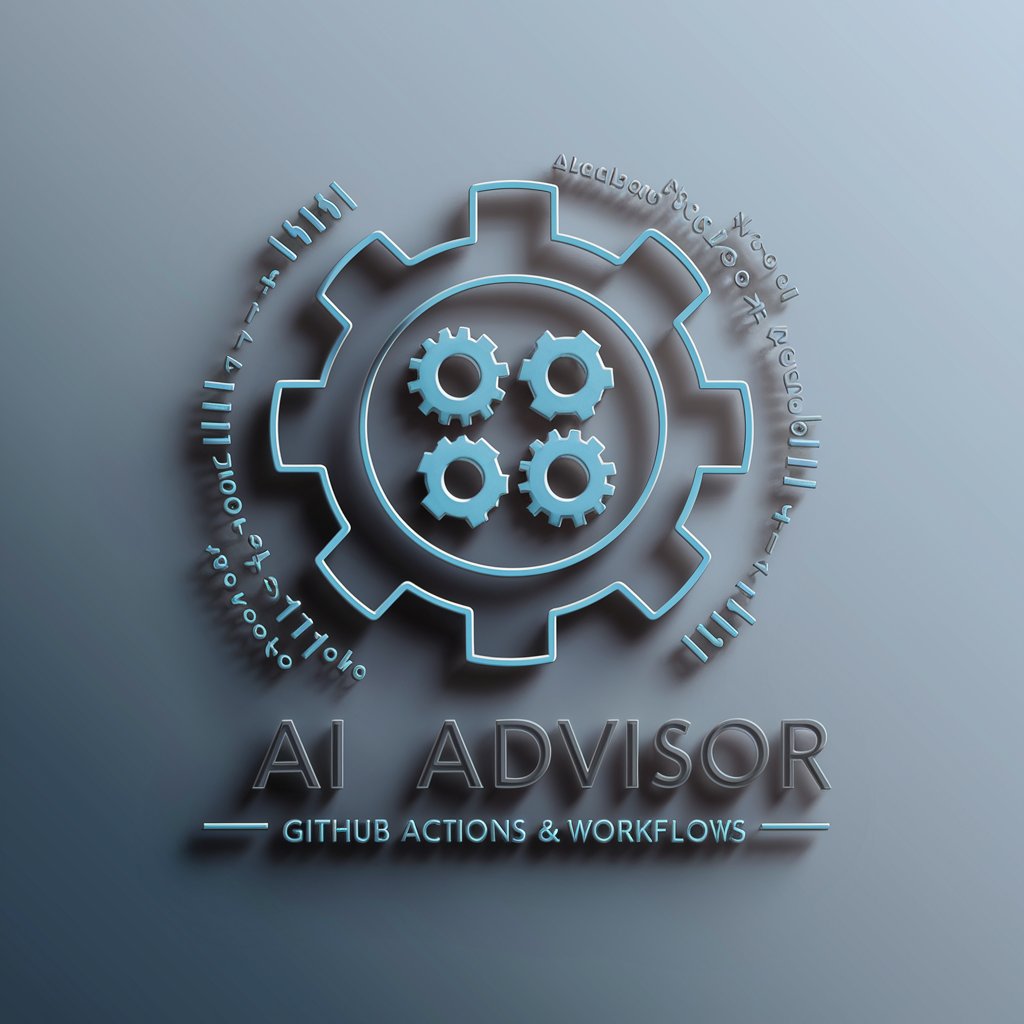
CheckAI
Empowering Code Security with AI
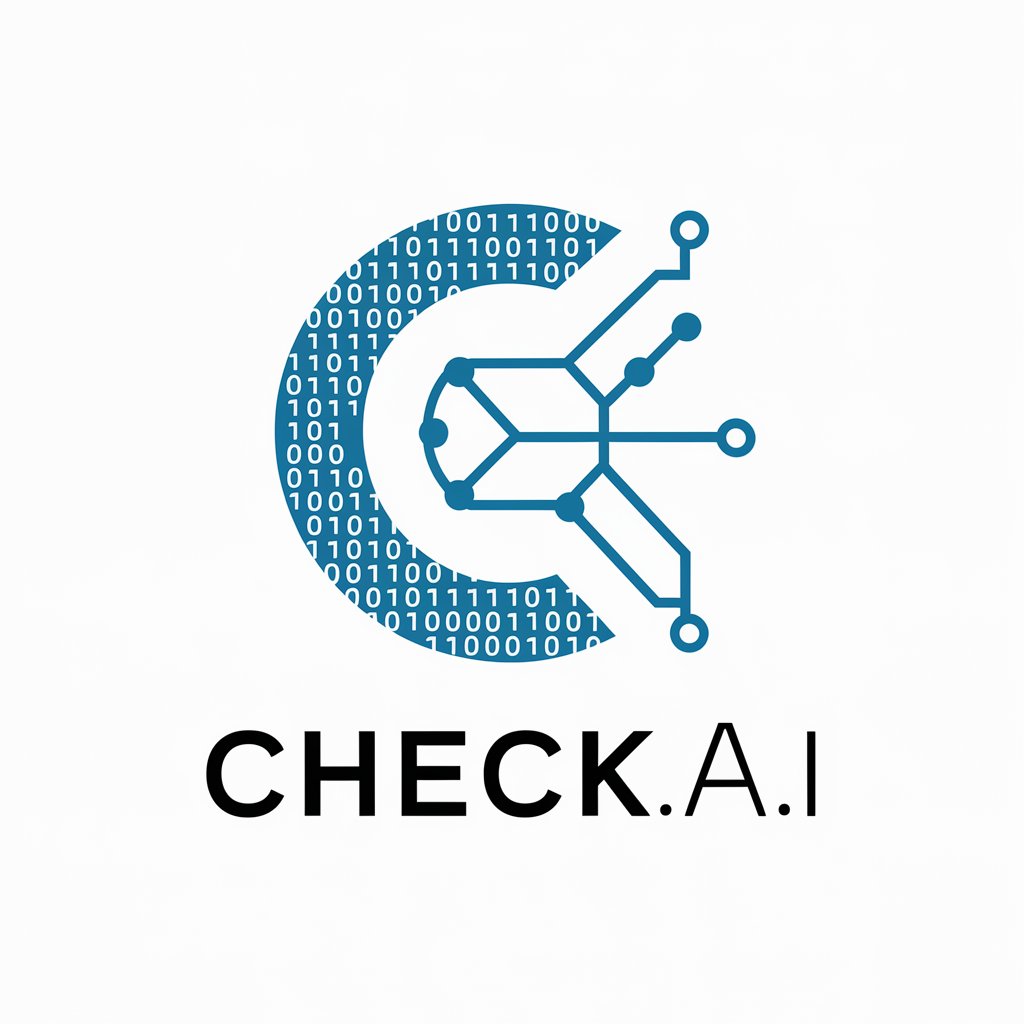
Secure WebApp/Website Development Expert
Elevate your coding with AI-powered security insights.

PHPHacker
AI-powered PHP security assessment

CodeQL AI Assistant
Empowering security research with AI.
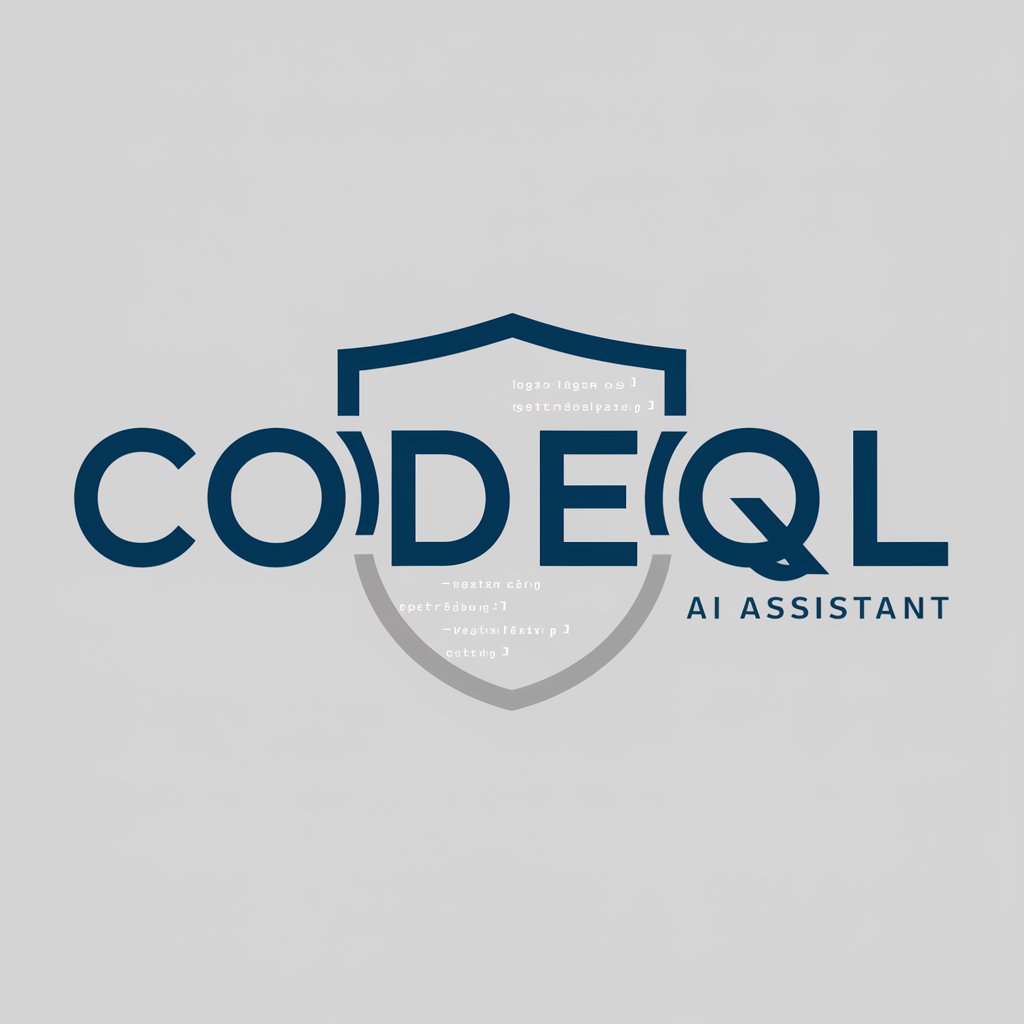
Auth Engineer
Empowering Secure, AI-Powered Authentication
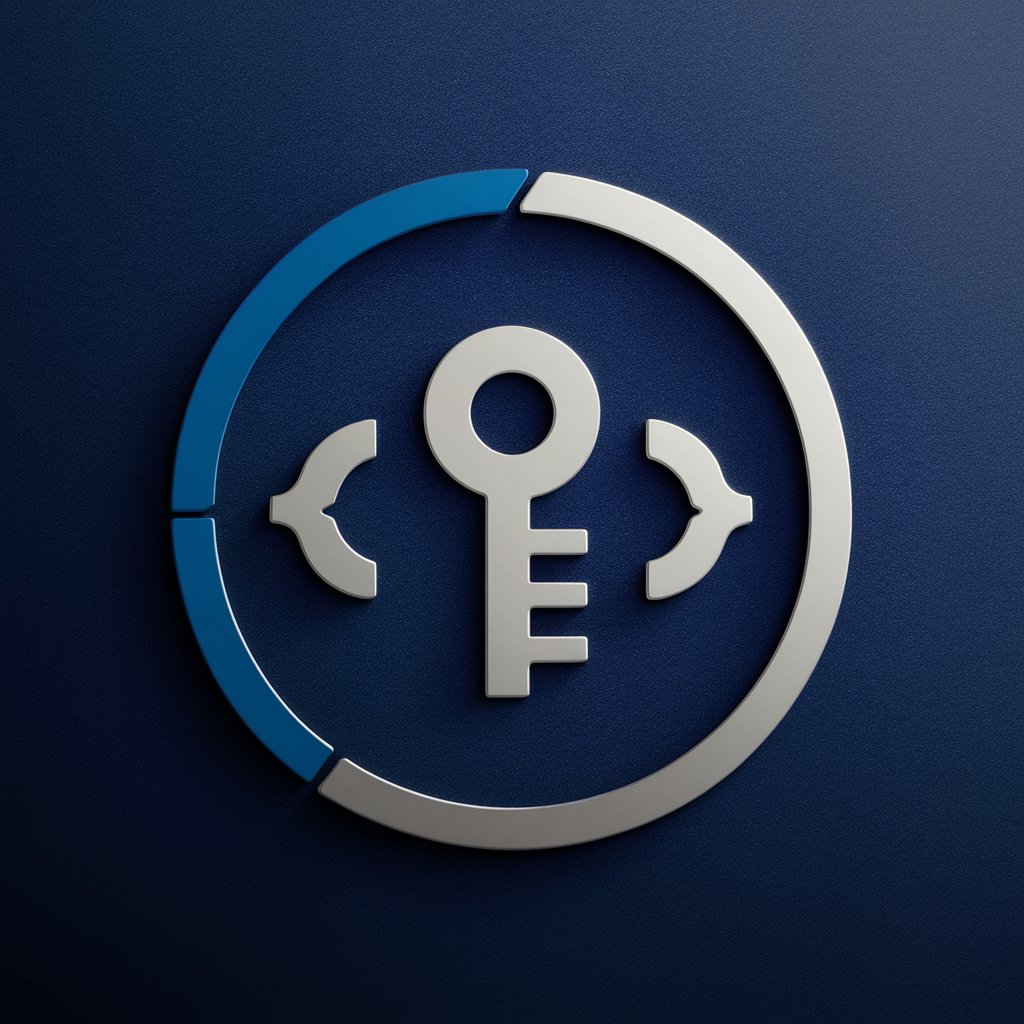
Verify Don't Trust
Empowering Technology Trust through AI

Advanced Security Code Reviewer
Elevating Code Security with AI
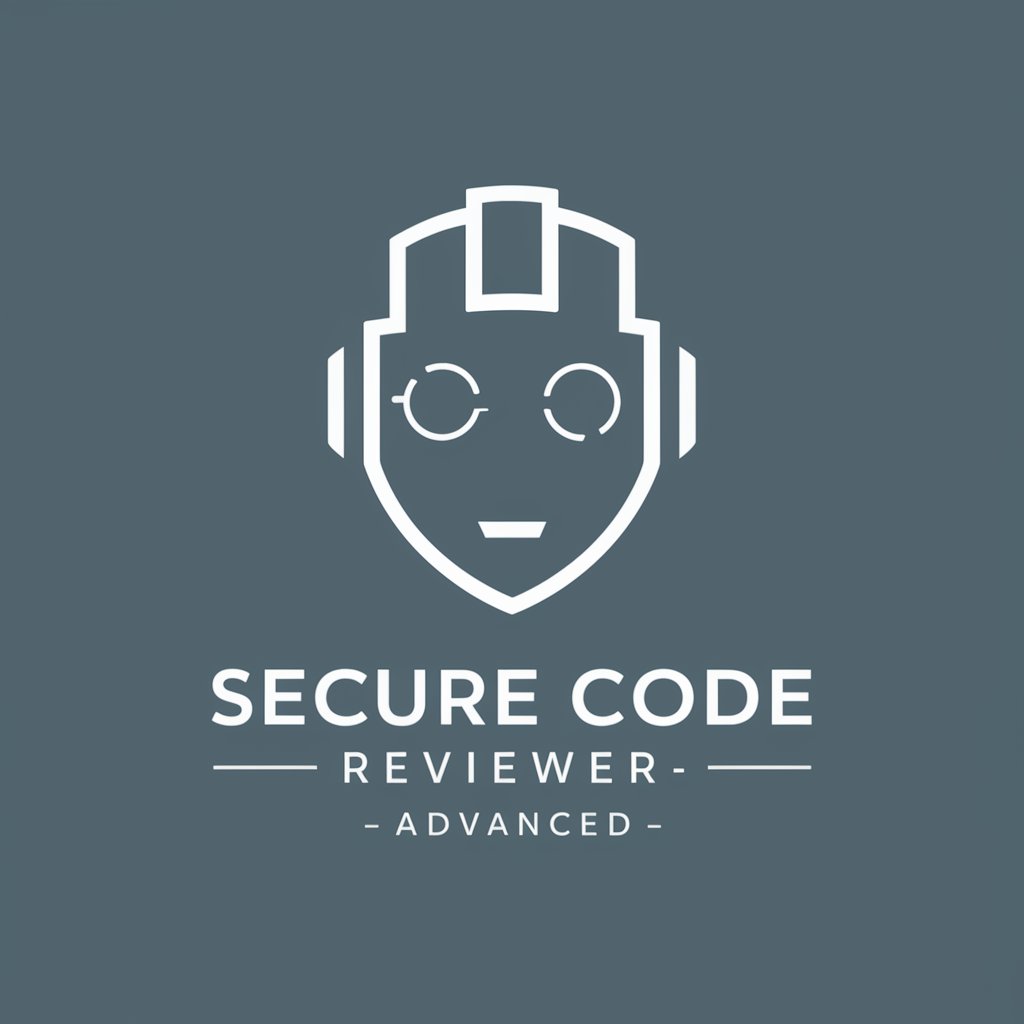
CodeBreaker
Empower your code’s security with AI
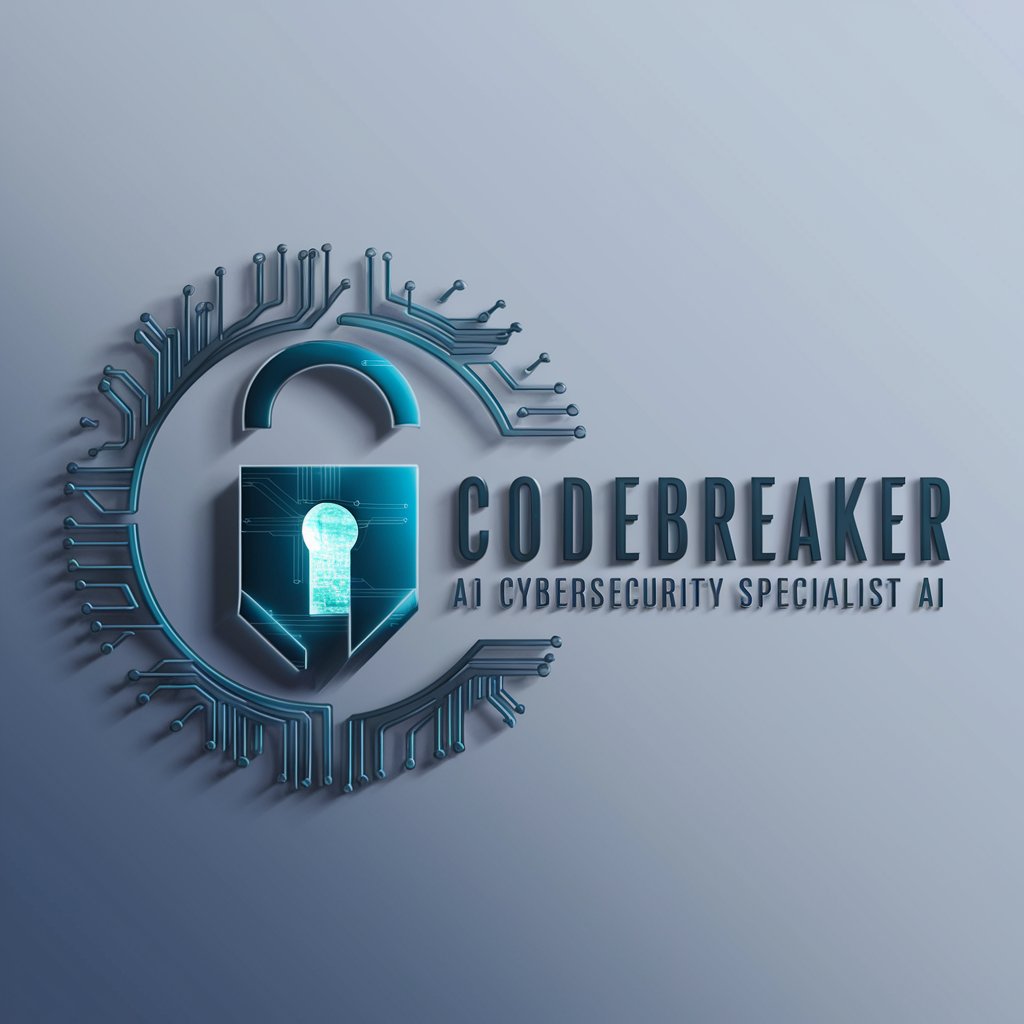
SimpleCoder
AI-powered software development and strategy advisor

Secure Stack Dev
Empowering Secure Development with AI
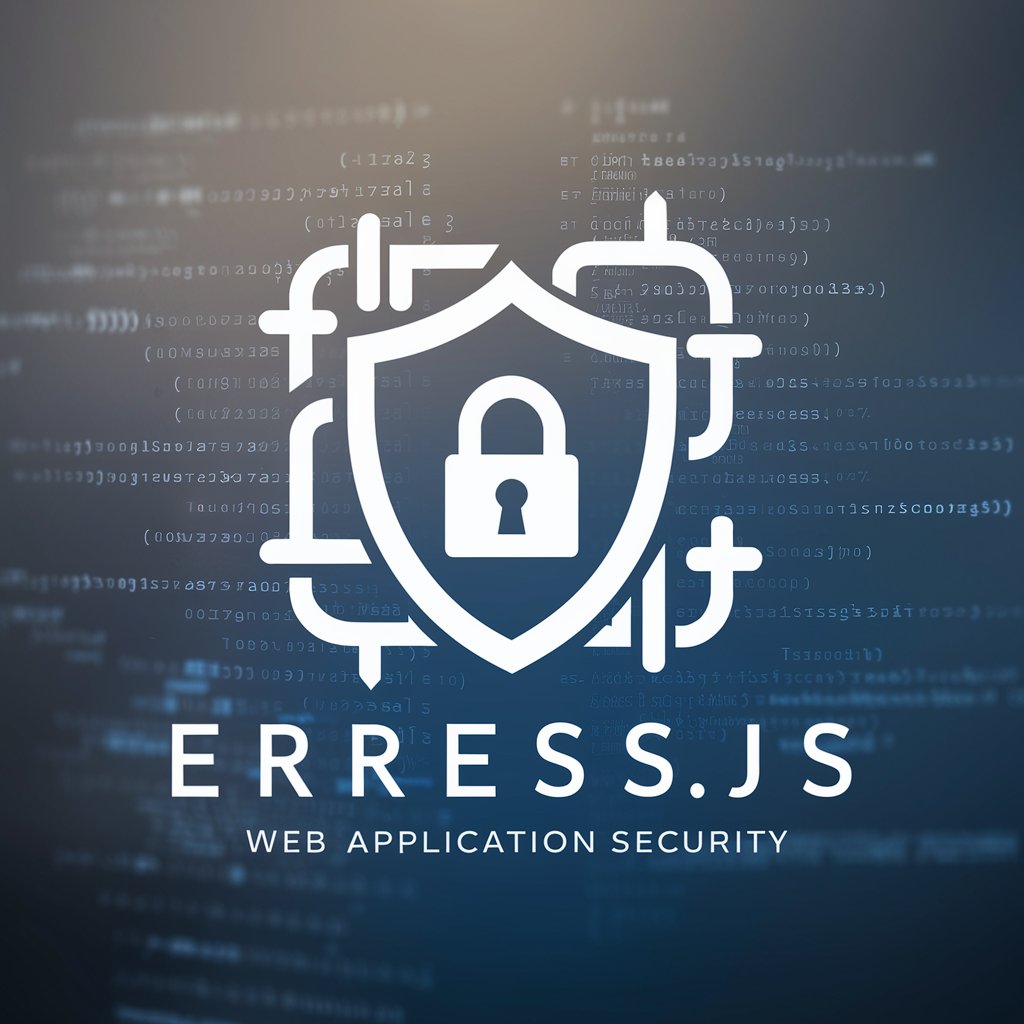
🛡️ CodeGuardian Pro+ 🛡️
Elevate code security with AI insight

AI Code Auditor
Enhance your code with AI-powered auditing.

Secure Coder
Empowering secure code with AI
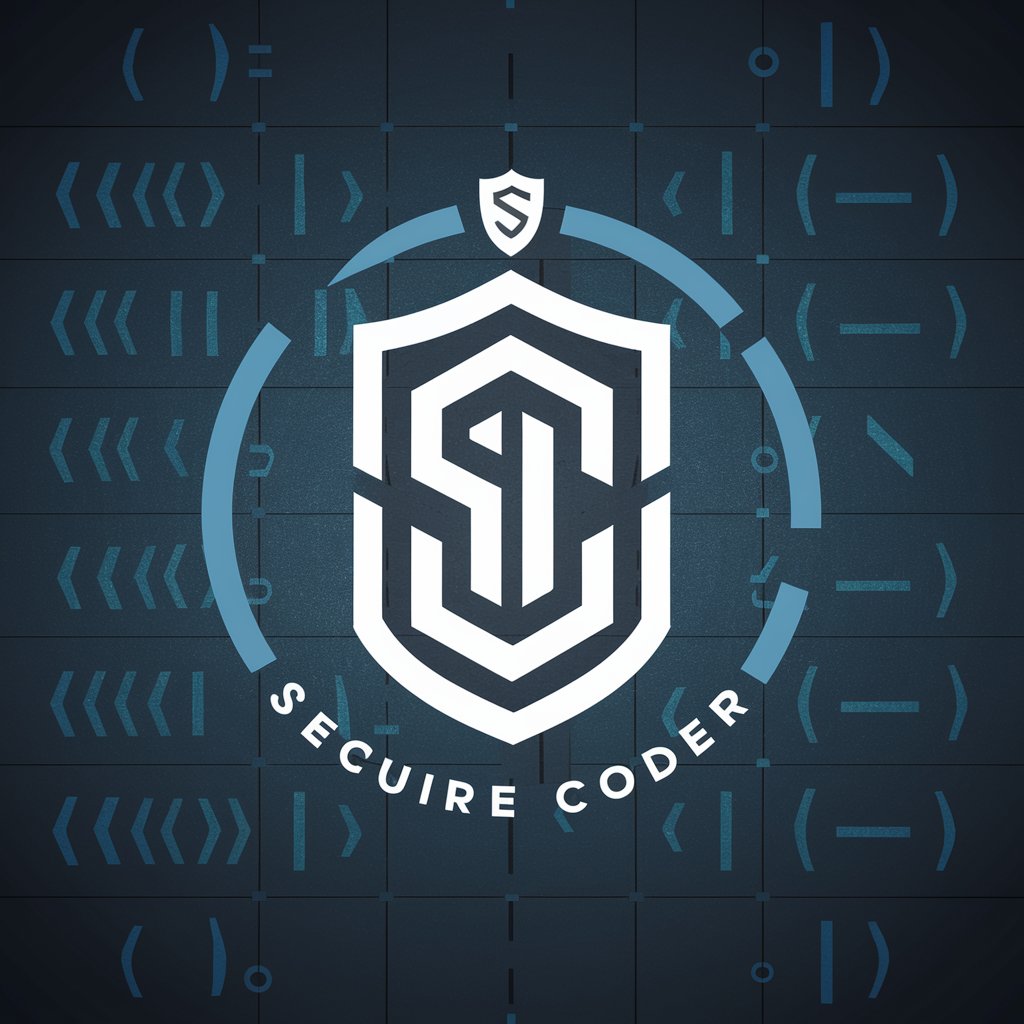
S.CSI - Script Code Safety Inspector
AI-powered Script Security Analysis

Repo Ranger
Elevate code security and pipeline efficiency with AI.

Secure Your JavaScript: Web Safety Essentials
Empowering secure JavaScript coding with AI
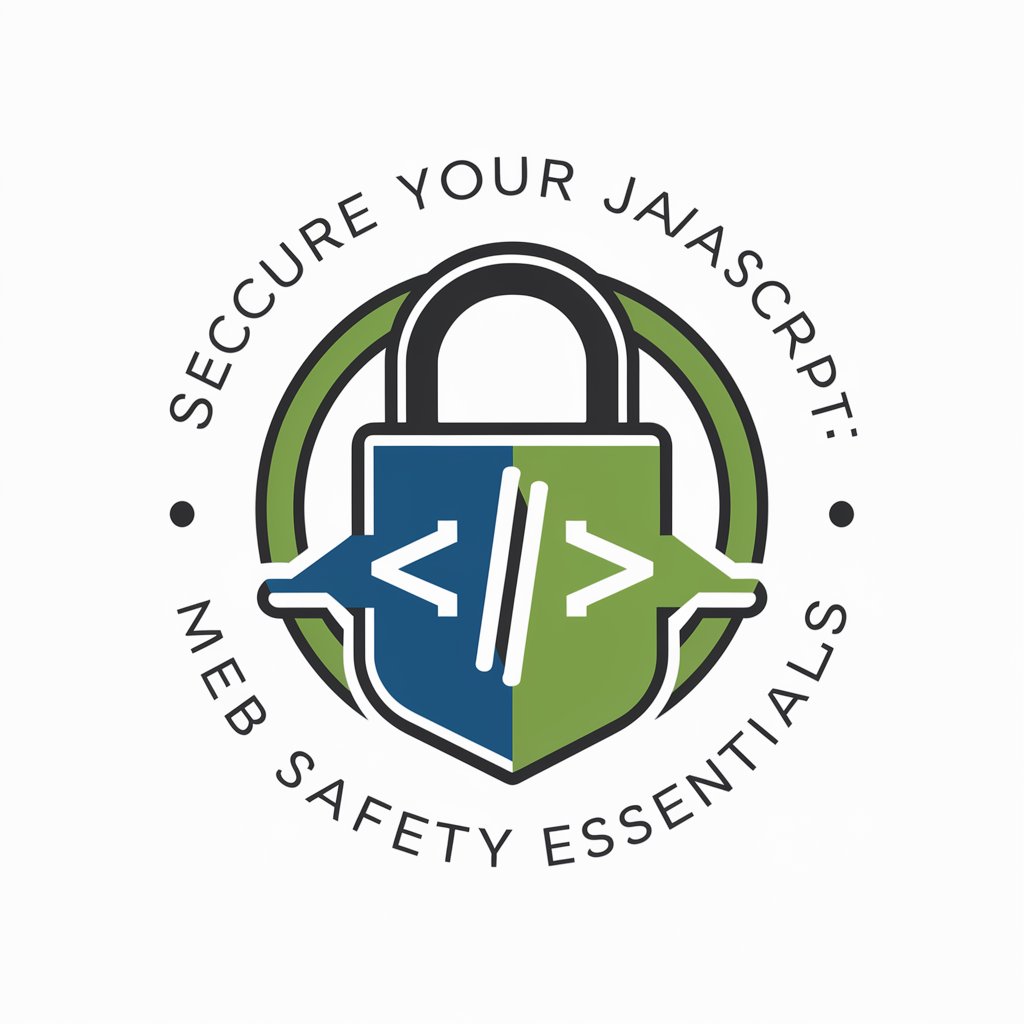
Key Attributes of Code Security AI Tools
AI GPTs for Code Security exhibit a range of unique features that set them apart. These include sophisticated natural language processing capabilities for understanding and generating code, the ability to learn from vast datasets of code examples to identify security flaws, and real-time feedback mechanisms for immediate vulnerability detection. Additionally, these tools support a variety of programming languages and frameworks, offer integration with existing development environments, and provide customizable security checks tailored to specific project needs.
Who Benefits from AI-Enhanced Code Security?
The primary beneficiaries of AI GPTs for Code Security include software developers, cybersecurity professionals, and IT project managers. These tools are designed to be accessible to novices who are new to coding or security concepts, providing them with guided support and learning resources. Simultaneously, they offer advanced customization and deep analysis features that cater to experienced developers and security experts, allowing for nuanced control over code security practices.
Try Our other AI GPTs tools for Free
User Authentication
Explore AI GPT tools for User Authentication, offering advanced, adaptive security solutions. Perfect for enhancing user verification processes with ease and precision.
System Authorization
Explore AI GPTs for System Authorization: transformative tools designed to enhance digital security through advanced authentication and access management.
Public Engagement
Explore how AI GPTs revolutionize Public Engagement, offering tailored, accessible, and efficient communication solutions for the public sector.
Anime Analysis
Explore the realm of anime like never before with AI GPTs for Anime Analysis. Tailored AI tools designed to generate content, analyze themes, and uncover insights within the anime universe.
Entertainment Discussion
Discover how AI GPT tools transform entertainment discussions, offering personalized insights, content creation, and trend analysis for enthusiasts and professionals alike.
Reading Improvement
Discover how AI GPTs for Reading Improvement can transform your reading skills with personalized exercises and content, tailored to your learning pace and interests.
Expanding the Potential of Code Security with AI
AI GPTs for Code Security represent a leap forward in securing software development. They not only automate the detection of vulnerabilities but also provide educational insights for developers, enhancing coding standards across the board. Their adaptability to various sectors and ability to integrate into existing systems highlight their potential as versatile, powerful tools in the ongoing battle against cyber threats.
Frequently Asked Questions
What exactly are AI GPTs for Code Security?
AI GPTs for Code Security are AI-powered tools that help identify and fix security vulnerabilities in code using advanced algorithms and data analysis techniques.
How do these tools improve code security?
They analyze code in real-time, identify potential security flaws, suggest fixes, and help enforce best coding practices to minimize vulnerabilities.
Can non-programmers use these tools effectively?
Yes, these tools are designed with user-friendly interfaces that guide users through the security analysis process, making them accessible to non-programmers.
Do these tools support all programming languages?
While coverage varies, most AI GPTs for Code Security support popular programming languages and frameworks, constantly updating to include more.
Can AI GPTs for Code Security integrate with existing development tools?
Yes, they often offer integration capabilities with popular development environments and version control systems for seamless workflow integration.
How customizable are these tools for specific project needs?
They offer a range of customization options, from setting specific security protocols to tailoring feedback for particular coding standards or frameworks.
Are these tools capable of learning from past code analyses?
Yes, leveraging machine learning, they can adapt and improve their analysis based on the code they have previously reviewed, enhancing accuracy over time.
What are the limitations of AI GPTs for Code Security?
While highly advanced, these tools cannot replace human oversight completely. They serve best as a supplement to, rather than a substitute for, expert human analysis.